In a recent letter, a group of lawmakers has raised concerns about the increasing use of Chinese-manufactured agriculture drones in the United States. The letter, addressed to the U.S. Department of Agriculture and the Cybersecurity and Infrastructure Security Agency, highlights the potential risks these drones pose to national security and food supply. The letter was reported on by DroneXL on September 8th.
Concerns Over Chinese DJI Drones
The lawmakers, led by Elise M. Stefanik, express worry that China is using unfair trade practices and government subsidies to dominate the global drone market. They argue that this dominance could give China leverage over the U.S. food supply. The letter points out that China has been increasing its ownership of U.S. agricultural land and has been accused of stealing genetically modified seeds.
READ MORE: US HOUSE VOTES TO BAN NEW DJI DRONES AMID CHINA CONCERNS
One of the main concerns is the potential use of these drones as weapons delivery platforms. The U.S. Department of Commerce has classified “aerosol dispensing” drones as such, and thousands of these drones, manufactured by Chinese company DJI, have been imported into the U.S. DJI is said to be closely linked to the Chinese Communist Party (CCP) and is considered a Chinese Military Company by the U.S. Department of Defense.
DJI’s Response
DJI has responded to these allegations, stating that their drones have unlocked immense value for farmers nationwide. They argue that restricting access to their drones would harm the industry and lead to job losses. DJI also addresses the allegations made in the letter, stating that their market leadership is due to the reliability, innovation, and safety of their products, not unfair trade practices.
Unfair Trade Practices and Subsidies
Lawmakers’ Claim: The letter alleges that DJI’s market-leading role may be a result of ‘unfair trade practices and massive government subsidies.’
DJI’s Response: DJI denies these claims, stating that their success is due to their “first mover advantage” and the reliability, innovation, and safety of their products. They argue that under the definition employed by their critics, virtually any company could be considered ‘subsidized.’
Weaponization of Agriculture Drones
Lawmakers’ Claim: The letter expresses concern that DJI’s agriculture spray drones could be manipulated to carry out an attack in the United States.
DJI’s Response: DJI emphasizes that their drones are designed to enhance farming capabilities, making them more sustainable and resilient. They argue that their drones support sustainable farming and help farmers incorporate precision agriculture techniques, enabling them to boost yields, lower crop input costs, and avoid expensive yield losses.
Military Ties and Data Security
Lawmakers’ Claim: The letter suggests that DJI is closely linked to the CCP and is a Chinese Military Company according to the U.S. Department of Defense.
DJI’s Response: DJI firmly denies being a military company or having ties to the Chinese military. They state that they are a privately held and controlled company, founded in 2006, and that no government entity or representatives sit on their board or have any role in their operations. DJI also denies manufacturing military-grade equipment or pursuing business opportunities for combat use or operations.
Lawmakers’ Claim: The letter raises concerns about the risk of DJI’s transmission of data to the CCP, citing a recent industry cybersecurity guidance on Chinese-manufactured drones published by CISA and the FBI.
DJI’s Response: DJI states that their drones are safe and align with best practice cybersecurity. They have invested in regular security audits performed by reputable third-party experts and have enhanced the privacy controls available across their drone models. DJI also emphasizes that they have never received any requests for overseas data under China’s National Security Law and National Intelligence Law.

Economic and Job Impacts
Lawmakers’ Claim: The letter implies that relying on Chinese-manufactured drones endangers the resiliency of the U.S. food supply and gives China control over the export of these drones.
DJI’s Response: DJI argues that their drones create jobs and new businesses within the broader agricultural industry. They highlight examples of entrepreneurs who have started drone spraying businesses and US-based companies that have developed specialized software for DJI drones tailored for the agricultural sector. DJI warns that restricting access to their drones could lead to job losses and harm the industry.
The Bigger Picture
The use of drones in agriculture has the potential to revolutionize the industry. Drones can help farmers increase yields, reduce costs, and adopt more sustainable practices. However, the concerns raised by the lawmakers highlight the need for clear Data Security standards and regulations to ensure that these technologies are used safely and responsibly.
Supporting Farmers and Strengthening Agriculture
The lawmakers suggest that to strengthen the U.S.’ agricultural capabilities and support farmers nationwide, the government should engage directly with farmers to see how they use drone technologies, develop clear data security standards, and refrain from taking action on market-leading technologies on baseless grounds.
DJI echoes the need for clear data security standards but argues that their drones are already aligned with best practice cybersecurity. They suggest that the focus should be on supporting farmers and the growth of the agricultural industry, rather than restricting access to beneficial technologies.
DroneXL’s Take
The debate over Chinese agriculture drones is a complex one, but it’s clear that drones have the potential to greatly benefit the agriculture industry. As we’ve seen in our recent articles on drone technology and data security, the key is to ensure that these technologies are used in a way that protects both national security and the interests of farmers.
DJI’s response highlights the positive impact their drones have had on the agricultural sector, while the lawmakers’ letter raises important concerns about national security and data privacy. It’s crucial to find a balance that allows farmers to benefit from advanced technologies while also addressing legitimate security concerns.

We encourage our readers to share their thoughts on this issue in the comments section below. How do you think the U.S. should balance the benefits of Drone Technology with the need for data security and national security?
Discover more from DroneXL
Subscribe to get the latest posts sent to your email.



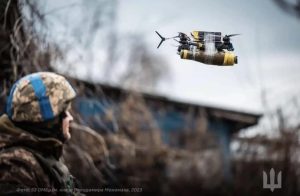


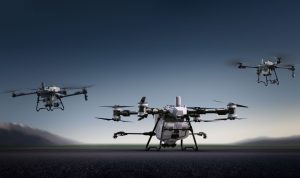
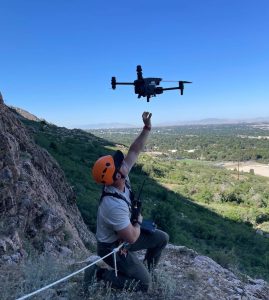
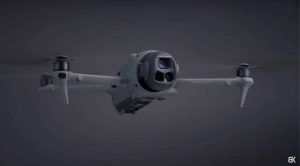
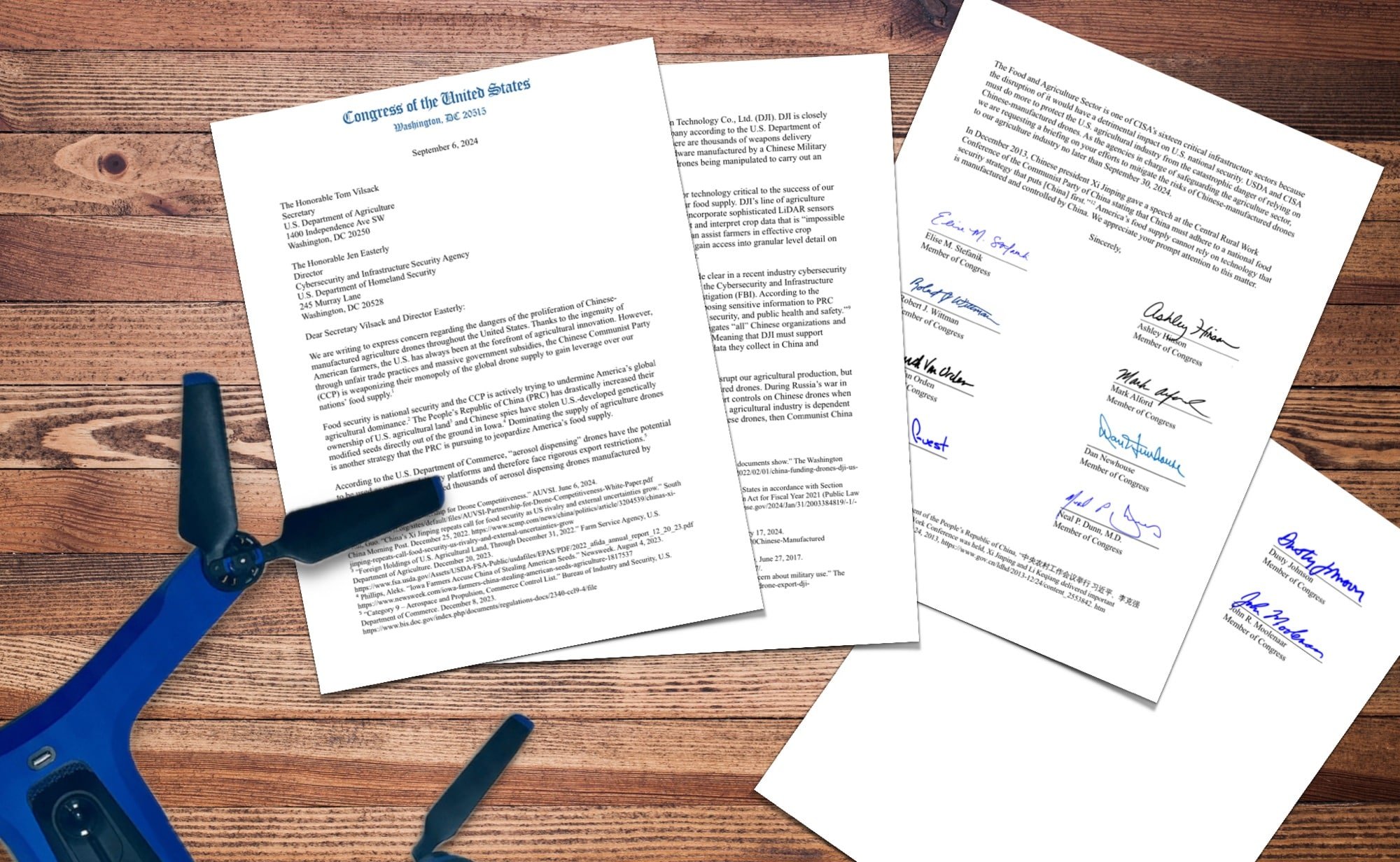
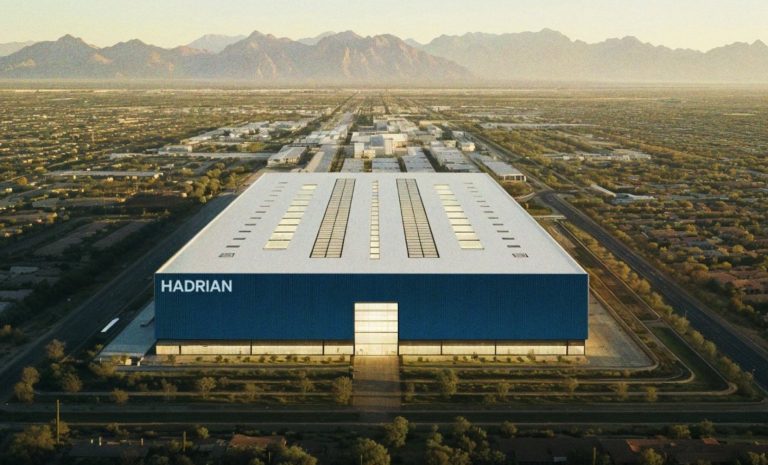


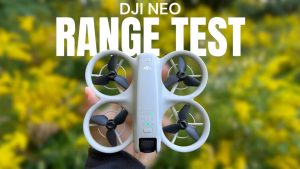

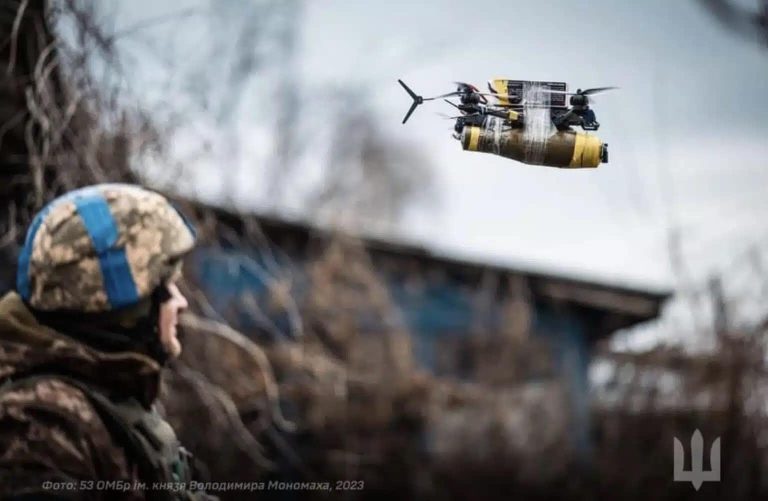


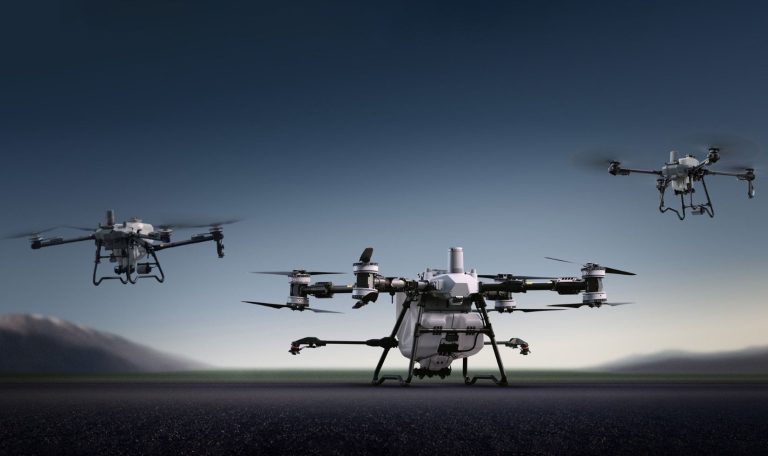
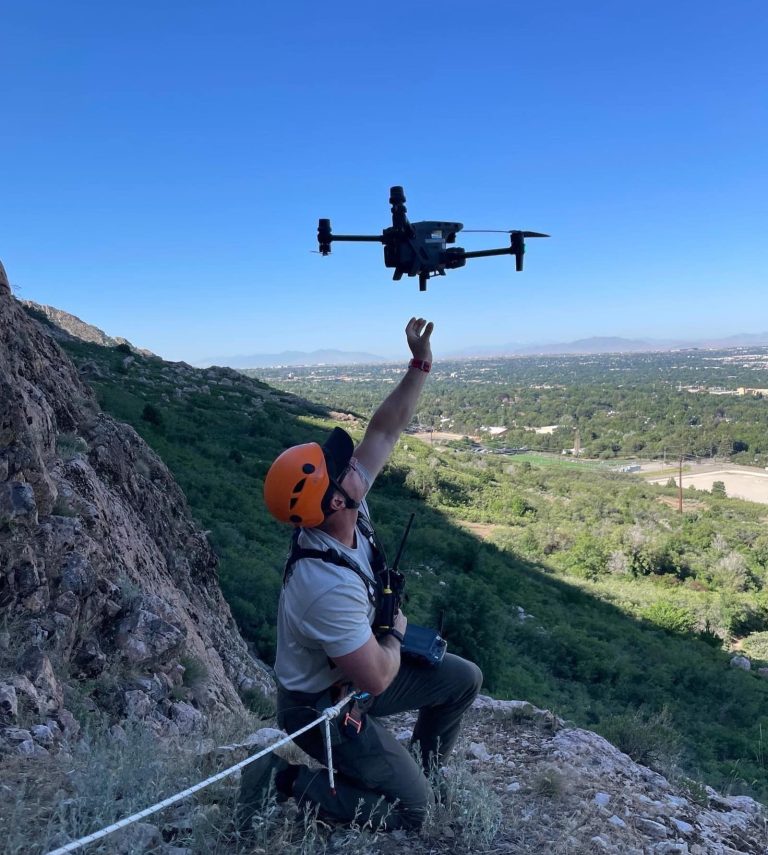
+ There are no comments
Add yours